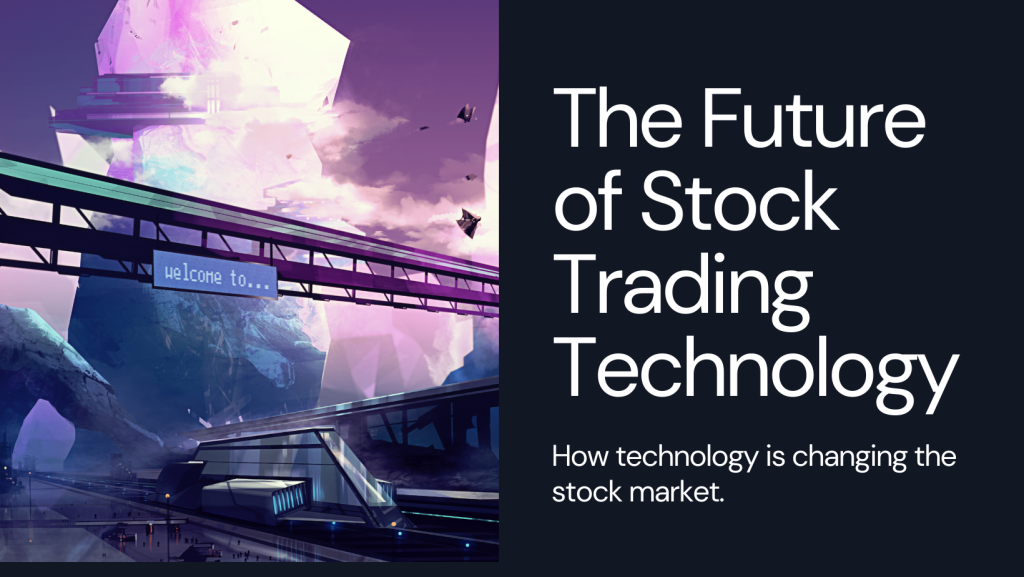Technological developments have brought about a new era of efficiency, accessibility, and innovation in the financial markets by completely changing the way equities are traded in recent years. Technology has made it easier for ordinary investors to access the stock market and has given them more power than ever before. Examples of this include online brokerage platforms, smartphone trading apps, algorithmic and high-frequency trading, and more.
In today’s stock market, algorithmic trading—the practice of executing deals at high speeds and frequencies using computer algorithms—has grown in popularity. These algorithms provide investors with more liquidity and lower trading costs by analyzing large volumes of data in real-time, spotting trading opportunities, and executing trades with split-second accuracy.
In a similar vein, high-frequency trading, or HFT, has completely changed the stock market environment. Companies are now able to make deals in milliseconds by using sophisticated algorithms and fast connectivity. HFT is contentious, yet it has been said to increase market liquidity and efficiency. However, questions concerning how it can affect market fairness and stability still need to be answered.
Through online brokerage platforms and mobile trading apps, technology has given ordinary investors unparalleled access to the stock market on the retail side. With their user-friendly interfaces, commission-free trading, and access to real-time market data, these platforms make it simpler than ever for investors to buy and sell stocks right from their fingertips.
Looking ahead, technology is set to continue having a significant impact on how stock trading develops. Artificial intelligence (AI), blockchain technology, and decentralized finance (DeFi) are examples of innovations that have the potential to further upend established trade paradigms and present new investment opportunities.
In summary, technology has evolved into a crucial component of the contemporary stock market, transforming the nature of stock trading and granting investors from diverse backgrounds equal access. It will be interesting to watch how technological developments impact stock trading in the future and enable investors to reach their financial objectives in fresh and creative ways.




